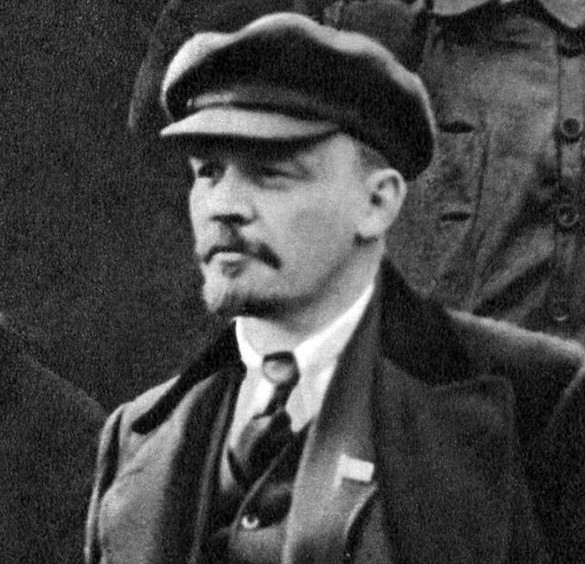From James Klugmann’s 1951 book From Trotsky to Tito, pages 81-82 (available in Library Genesis)
The Trotskyites, too, pretended that they were the true Communists, the real Marxists, whilst the “Stalinites” had “betrayed Marxism- Leninism”. The Trotskyite doctrine, this “real Communism” as the. forerunners of Zilliacus called it, also found favour with the great trusts and monopolies.
In Mussolini’s Italy of the nineteen-thirties, when it meant long terms of imprisonment, and perhaps torture or even death, to be in any way connected with the Communist Party, and when not only all the works of Marx, Engels, Lenin and Stalin, but the works of all Italian and foreign democrats and progressives were strictly banned from Italian libraries and bookshops, the works of Trotsky, on the “new kind of Communism” were “freely” and widely translated and distributed. I remember vividly how in 1938, passing through Italy on the way to meet the anti-fascist and Communist students of Belgrade University, and spending a few hours in Mussolini’s Milan, the word “communism” caught my eye on a number of books prominently displayed in a bookshop window. They were newly translated works of Trotsky.
In Hitler’s Germany, when to be a Communist or Socialist or militant – trade unionist or liberal or democrat – meant arrest, the concentration camp, and often death and torture, when there was instituted one of the most thoroughgoing “purges” of literature and burning of books that the world has ever known, when Schiller’s Don Carlos, the poems of Heine and the novels of Thomas Mann were banned or burned as “subversive”, the writings of Trotsky were widely translated and distributed.
Trotsky’s writings and those of his followers were freely published in the middle and late thirties by the Hearst Press in America. His works on his “new kind of Communism”were published by the - Franco press at Salamanca and Burgos. The secret police of the Polish dictatorship were specially educated in Trotskyism in order to facilitate their work of espionage and disruption inside the Polish working-class movement.
Clearly the enemies of the Soviet Union might be expected to proceed with the logic of ‘the enemy of my enemy is my friend’ - of course, it is a false logic for Marxists. The Kerenskyists and even Monarchists claimed the same about Lenin and the Bolsheviks seeking to associate them with the Germans - Lenin rightly destroyed them.
Trotsky remained true to Leninist norms, certainly by comparison to Stalin who basically ditched them all. Trotsky believed that the only way for the SU to overcome nazism and fascism was for the working class to overthrow the bureaucracy as it was a barrier to struggle. He did not think the Stalinist state could survive the war. Of course, history proved differently to his forecast: primarily as a result of the ‘total war’ specificities of the war and the underlying strength of socialist economy and the consciousness that flowed from it. Trotsky’s works from 1923-32 are absorbed with with the challenge if defeating fascism as well as imperialism.

